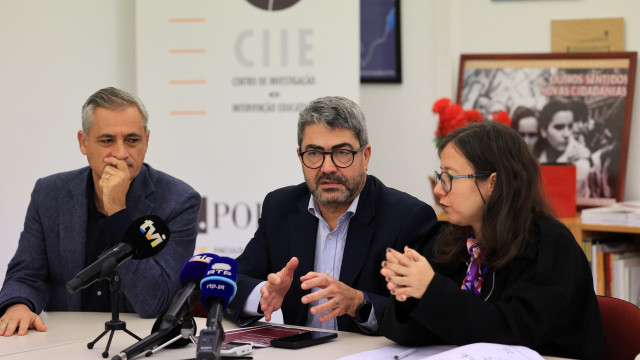
A Coimbra Court has sentenced a woman to two counts of attempted murder, imposing a sentence of four and a half years for the first crime and eight and a half years for the second, amounting to a combined sentence of ten years.
The young woman was accused of attempting to kill her baby son, then five months old, on two occasions between December 31, 2024, and January 2, 2025, while he was in the intensive care unit at the Pediatric Hospital of Coimbra.
The infant was suffering from health issues caused by two genetic diseases, which lead to intellectual and physical developmental disorders, recurrent upper airway infections, and brain, skeletal, and limb abnormalities.
During the reading of the verdict, the presiding judge explained that although both crimes for which the defendant was convicted threatened life, they had different consequences and therefore warranted different penalties.
In two separate incidents, the accused inserted cotton and paper balls into the cannula linked to the ventilation tube near the baby’s trachea, causing the baby to suffer cardiorespiratory arrest during the second attempt.
The judge noted that while the initial action of placing the cotton did not pose an immediate life threat, it could have led to the child’s death hours later if not for the medical team’s intervention. No lasting effects resulted from this first act.
The second attempt, occurring two days later on December 31, 2024, involving pieces of paper from a book placed in the cannula, posed an “immediate life-threatening” scenario, resulting in the baby’s cardiorespiratory arrest.
“We can say it produced a result, which was reversed by medical resuscitation,” the judge remarked, adding that this action might have caused permanent damage to the child, which will only become clear as the child grows.
The Coimbra Court took into account that the 20-year-old woman confessed the facts in full without reservations; however, it highlighted that it was not proven that she felt remorse or acted out of pity and mercy, thinking the baby would not be able to live independently in the future.
The judge stated, “If she were remorseful, she would have narrated that, even unwittingly, the infant had cotton in the bronchi,” which was only discovered by a doctor three hours later, besides exhibiting similar behavior two days later.
The judge further noted that it did not appear that the defendant’s actions were motivated by altruism but rather by selfishness, fearing the loss of freedom due to the baby’s illnesses.
Speaking on the defendant’s state of depression, it was considered relevant but not sufficient to reduce the overall sentence.
The Coimbra Court also ordered the defendant to pay a compensation of five thousand euros for the “pain and anguish” caused to the five-month-old child, with any lasting effects to be considered in a separate action should they arise.




